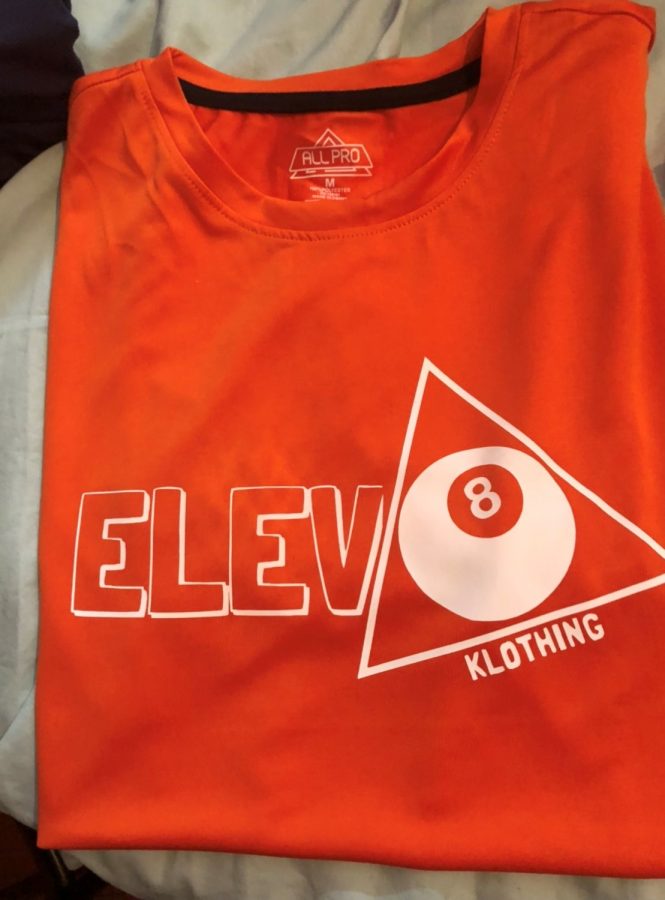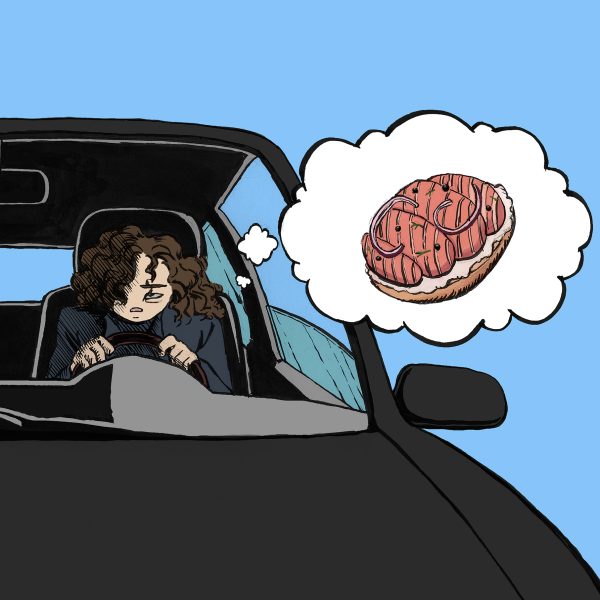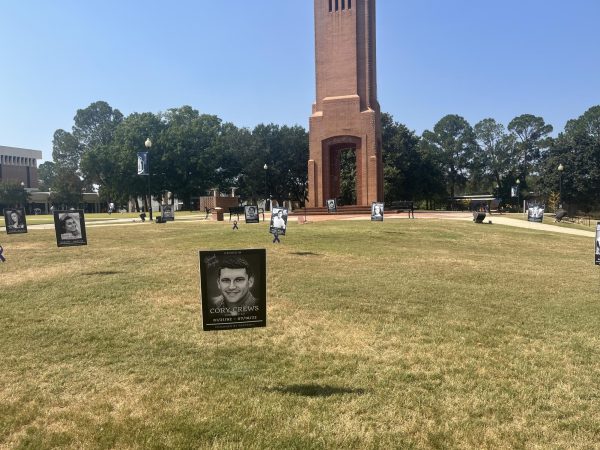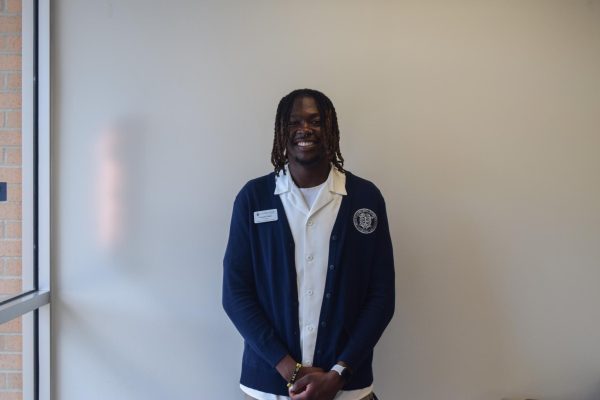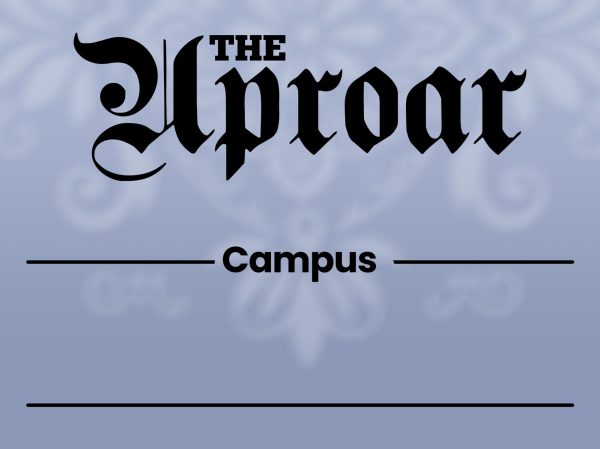Black Owned Student Businesses
The Saber celebrated Black History Month in the February 2020 issue by acknowledging black-owned student businesses on the CSU campus.
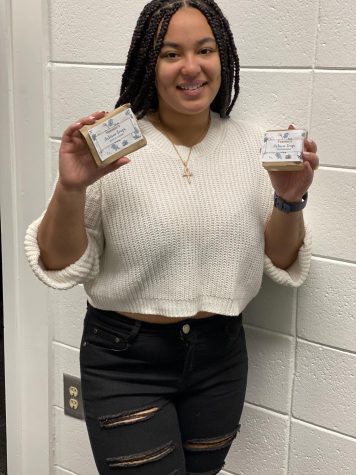
Yasmin Thessin was inspired to start her artisan soap business after watching Snapchat videos of people making homemade soaps. Now she sells soaps and sugar scrubs for everyone, both men and women, and people with certain skin conditions. She makes about $50 a week in sales and receives about 20 customers every two weeks. In the future, Thessin plans to create deals and discounts for her products in addition to expanding her business with a wider variety of products, such as bath bombs and candles.
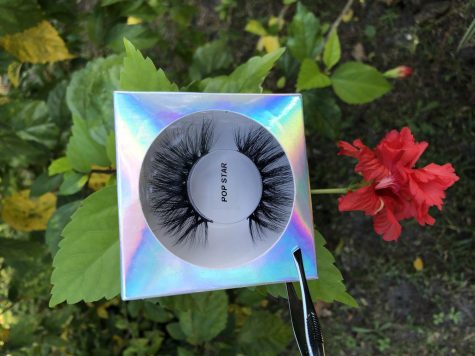
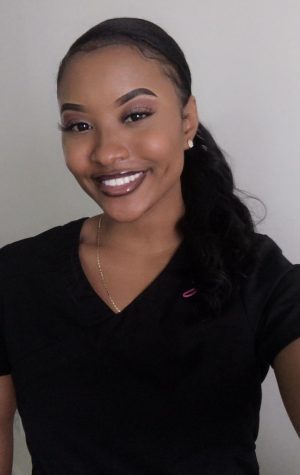
Amber Jones launched her business, PopKulture Cosmetics, to add creativity to makeup. She wanted to know what people like to improve about their appearance. She sells eyelashes and lip glosses to middle schoolers, high schoolers, and college students. With five customers a week, she earns around $600 a month. In the future, Jones plans to bring her own definition to PopKulture by representing creative millennials. She wants to overcome stereotypes and have everyone live to their fullest potential. She plans to include, “entrepreneurs, future doctors, nurses, lawyers, and business women who are basically stepping away from the traditional 9 to 5 work space and putting more emphasis on how they can create wealth using ideas right at their fingertips.”
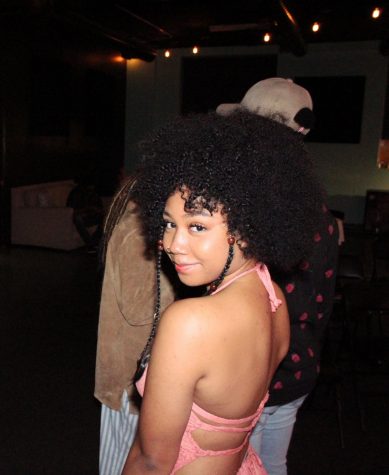
IndieFest is a non-profit that showcases poets, singers, rappers, and dancers owned by Jewel Kaio-Johnson. Johnson became interested in spoken word her senior year of high school. She wondered about the absence of open mic nights in her local community. “I became more interested in spoken word poetry and realized there weren’t any open mic nights in Metro Atlanta,” said Johnson. Rather than traveling to downtown Atlanta, she decided to develop IndieFest for high school and college students for accessibility in Columbus, GA. She hopes IndieFest can serve as another resource for young adults’ recruitment process in the performing arts. Johnson plans to expand IndieFest locally. The ideal goal is to host IndieFest at the Riverdale Town Center and include guests and recruiters to observe talent.
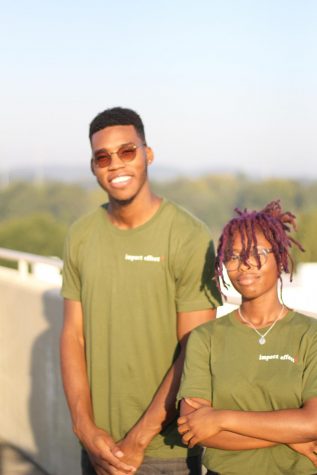
Benjamin Stewart and Jayvia Florence received a vision for their clothing brand, Impact Effect, when Stewart had an epiphany at work seeing the words “Impact” and “Fit”. Together, Stewart and Florence began their journey through spiritual guidance. Stewart claims that God showed him exactly how things needed to occur, and Stewart made sure to map out his business plans one step at a time. They sell hats and shirts to young adults ranging from 18 to 25, and they aspire to reach a wider audience along the way. Over a course of the week, five shirts are sold totaling to $120 in sales.
When asked about the future for Impact Effect, Stewart states, “I plan to take it global. Impact is for the world. I believe Impact Effect is for like minded individuals who are going to empower the world. I hope they brand and market themselves and take their creations and products to the next level for the world to see. This is the Impact Effect; this is powered by God.”
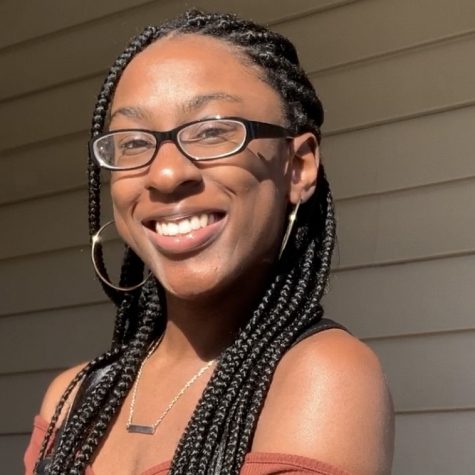
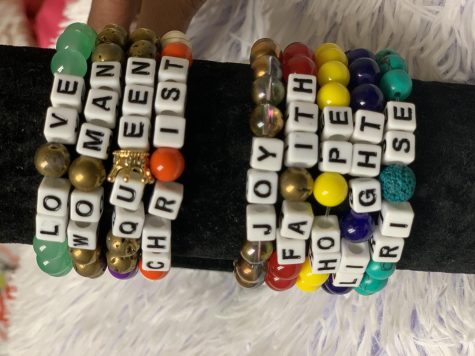
After working as a jewelry consultant for Paparazzi Accessories, Quanzerria Dupree held on to her entrepreneurship ideas and established her business, Southside Royal Wear. She sells customizable bracelets, ankle bracelets, and waistbeads. Her initial target audience were African American college students.
She believes in empowering the African American community and stated, “The purpose was to give our people something of our own, something black owned and empowering, hence the word ‘Royal’ for I feel all of us as black people no matter of origin are descendants from kings and queens.” Although that was her original plan, she is not discriminatory of race, gender, or sexual orientation and welcomes anyone who wants to “receive encouragement and uplift what Southside Royal Wear has to offer.”
While juggling life as a college student, Dupree experiences a slow increase in sales, but it does not discourage her to continue making jewelry. On average, five to eight customers purchase her products on demand. In the future, Dupree plans to rebrand Southside Royal Wear. She states, “I want Southside Royal Wear to reflect not only royalty and origin, but also uplift and inspire. Therefore, new products and presentations are already in the works for meaning something bigger than just an accessory on your wrist. I want it to become motivating and serve as a reminder to get people through their day, without worry, without stress, negativity or doubt; just love, light and purpose!”
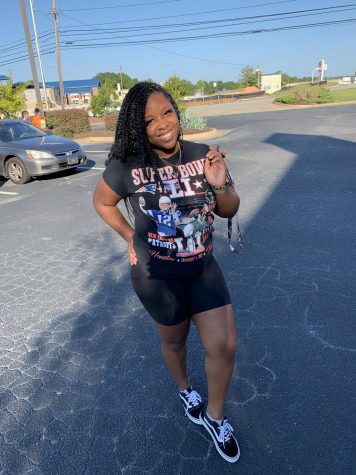
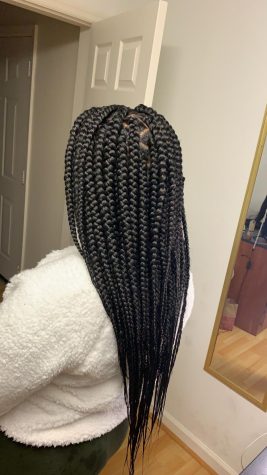
Kulia Beasley began her hair braiding business by practicing on family members. Through practice, she began gaining confidence in herself and promoted her hair braiding business on social media. She braids local female residents in Columbus, GA as well as female college students interested in affordable hairstyle prices. Beasley’s hair business started in December of 2019 and she saw about 70 clients entering into February. Because she holds a part time job at Old Navy, she works on hair before or after shifts and on her off days. Beasly plans to expand her business globally. “I want to elevate to more hair styles, but with that comes practice. I pray for years of success in my hair braiding business,” said Beasley.
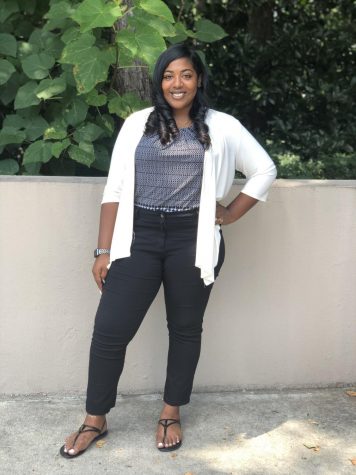
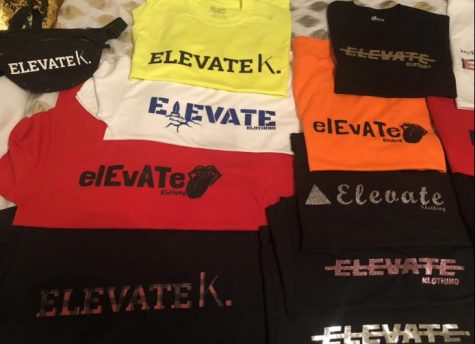
In the summer of 2017, Carol Porter decided to entertain herself through arts and crafts. She began sketching logo designs and googled the development of a clothing line. “Though I didn’t have anyone to walk me through each step, I developed my clothing line skills very quickly,” said Porter. She purchased sewing machines and blank garments to create her business, Elevate Klothing. Within the first month, she created different styled shirts. Porter sells short and long sleeve shirts, tank tops, sweatshirts, hoodies, and Fanny packs. Determined for more material, Porter is inspired to introduce body suits, leggings, sweatpants, headbands, and socks for purchase. She creates for everyone, including children and adult clothing. With close to 400 sales, her customers range from 18 to 42 years of age. For the future, Porter plans to create business suits. She stated that “creating business suits is [her] ultimate goal because business suits should be comfortable and full of your style.”
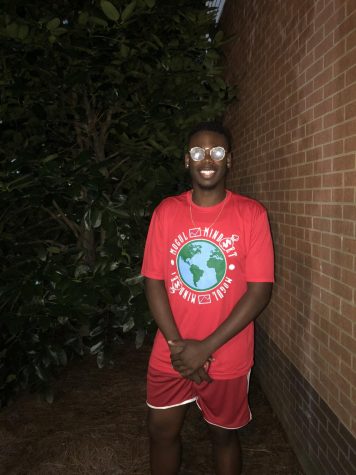
The process of creating Mogul Mindset started in middle school for Savaughn Gordon. He sells short and long sleeve shirts in purple, black, yellow, orange, gold, white, and red. He targets 18 to 23 year olds who are working nine to five jobs. Gordon states, “The biggest part of being a mogul is investing. So, instead of taking nine to five jobs and buying jewelry chains and cars, I hope people take the time and invest it into themselves, so they can be financially free in X amount of time.” He has made 72 sales over a year, understanding that he learns as he goes, trial and error style. According to Gordon, he plans to expand Mogul Mindset on the basis of people’s desires. He states, “The customer has to already be sold on the product knowing this is the category of clothing they want. For the summer, I’m planning to sell shorts, leggings, and hats, and then in the winter I want to sell jumpsuits.”



